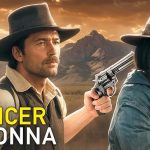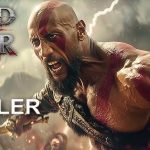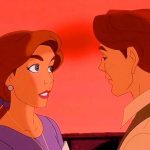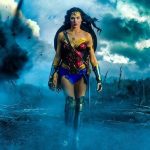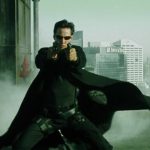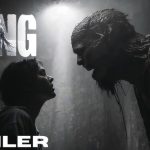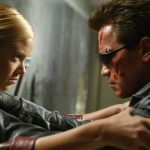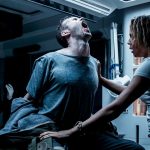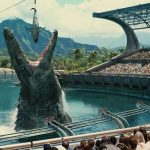SUPERMAN: SHADOWS OF KRYPTON (2026) – WHEN HOPE IS BROKEN, WHAT RISES?
SUPERMAN: SHADOWS OF KRYPTON (2026) – WHEN HOPE IS BROKEN, WHAT RISES?
The world has always seen Superman as invincible—an icon of hope, of order, of restraint. But in Shadows of Krypton, the myth begins to fracture. What happens when even the Man of Steel begins to doubt his purpose? When the legacy of his lost world returns not as comfort, but as threat? What rises from the ashes of a dead planet may not be salvation, but judgment—and Earth is caught in the crossfire.
Set in the aftermath of the multiversal collapse hinted at in previous DC films, Superman: Shadows of Krypton finds Clark Kent isolated, bruised, and hunted—not by villains, but by the very ideals he once stood for. His cape is torn. His fortress lies in ruin. His presence on Earth is questioned by governments, heroes, and even the people he once saved. In a world haunted by alien invasions and fractured timelines, trust in Superman has never been more fragile.
It begins with a whisper. Strange celestial storms. Disappearing satellites. A mysterious figure seen hovering in Earth’s lower orbit—shaped like a man, moving like a god, burning like vengeance. Soon, entire cities feel the tremors of something far older than Zod, more cunning than Brainiac. Something born from the remains of Krypton itself: Kalan-Ur, the last war general of Krypton’s Black Sun division, a sleeper force who survived the planet’s destruction in a secret escape pod buried deep in phantom-space. Now awakened, Kalan-Ur sees Earth not as a sanctuary, but as a stolen prize—the rightful inheritance of Krypton’s surviving blood.
Kalan-Ur believes Kal-El has failed. He sees Clark’s compassion as weakness, his humanity as betrayal. “You bowed to insects,” he spits, “when you were meant to command stars.”
As Kalan-Ur descends with his followers—rogue Kryptonian descendants genetically altered to survive solar radiation—Earth becomes a battlefield. Cities burn. Oceans rise. And Clark begins to unravel. He sees people die. He feels the limits of his strength. He questions every decision he’s ever made.
The film’s pacing is relentless but methodical, giving us not only stunning set pieces—such as the orbital dogfight above Greenland’s magnetic pole, or a gravity-warped collapse of Gotham’s skyline—but also deeply intimate moments. Clark revisiting Smallville’s cemetery. Standing silently at Jonathan Kent’s grave. Touching the soil, whispering, “I don’t know who I am anymore.”
We see flashbacks to Krypton—not the sterile utopia usually portrayed, but the darker corridors, where elite war science twisted children into weapons. Clark begins to realize his own birth was not random. That Jor-El may have sent him to Earth not just to save him… but to stop something Krypton had created and feared: the return of the Black Sun.
Haunted by this possibility, Clark distances himself from the Justice League. Diana tries to reach him. Bruce leaves cryptic warnings, knowing what it means when a god loses direction. Even Lois struggles to connect with the man she once loved unconditionally. Their scenes together are heartbreaking. Her voice steady, his silence thunderous. “You’re not losing yourself,” she says. “You’re fighting harder than anyone else ever could.”

Midway through the film, Kalan-Ur makes a global broadcast: “Kal-El has failed. Earth is poisoned by chaos and corruption. It must be cleansed. Bow, or burn.” His plan is brutal: to use the remnants of Kryptonian world engines to terraform Earth—not into Krypton, but into a hybrid world where only the strongest survive.
Clark faces a devastating choice. He can stop Kalan-Ur—but only by unleashing a force buried within himself: the raw, uncontrolled energy of a Kryptonian apex form, something Jor-El called Solar Ascension, a state that draws directly from the sun’s core. It would give him the power to win—but it could destroy his body, mind, and the very identity he’s clung to.
The transformation is agonizing. Not a clean-cut costume change, but a metaphysical tearing. As Clark channels Solar Ascension, his suit scorches away, skin glows like molten metal, and he floats above Earth, torn between godhood and humanity.
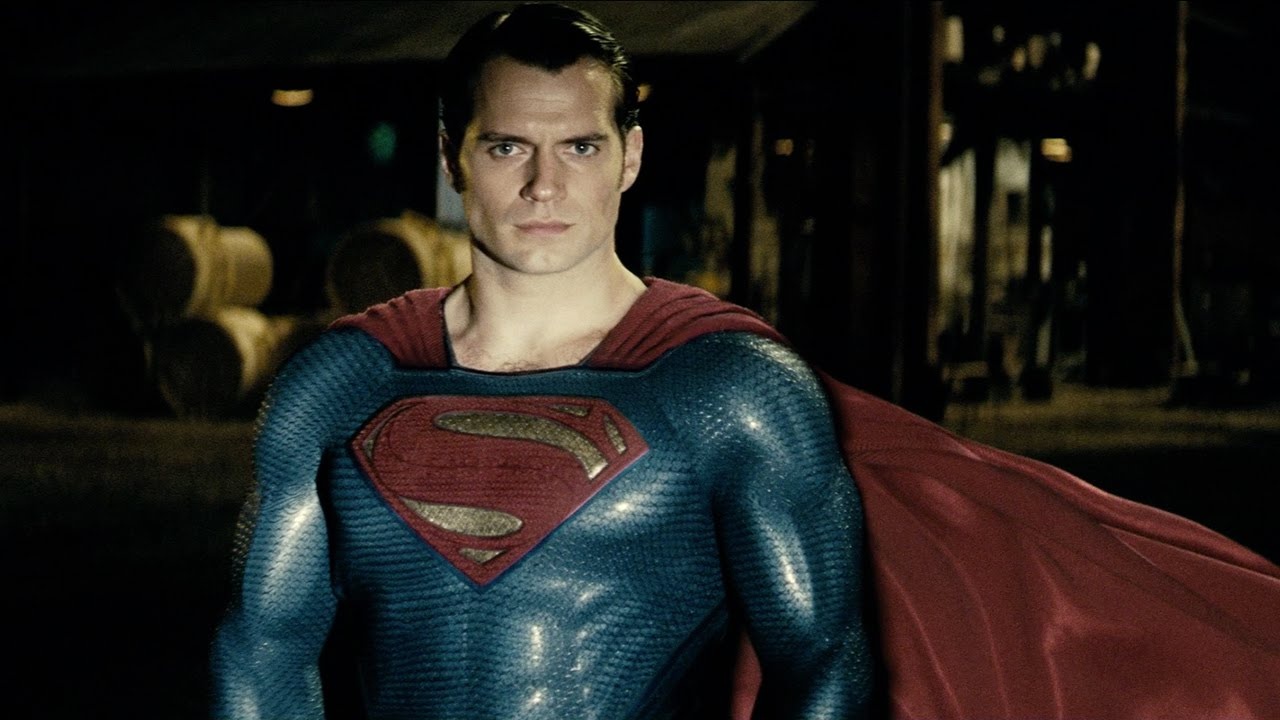
But at his darkest, he remembers—his mother’s hands, the warmth of the Kent farm, a child’s drawing given to him in Metropolis. He remembers why he fights. Not for perfection. Not for Krypton. But for people. Flawed, fragile, and endlessly worth saving.
In the final battle above the ruins of the Metropolis skyline, lightning crackles through ash-filled skies. Kalan-Ur stands as a colossus of vengeance. Superman, reborn in light and pain, lands in a crater left by the first impact. Thunder rages. His voice, low but unshaken: “I won’t lose this world… not again.”
The fight is seismic. Two Kryptonian gods clashing across the sky, shattering air, light, sound. But it’s not raw power that wins—it’s restraint. In the end, Clark doesn’t kill. He disables Kalan-Ur, exposing his core, then removes his solar matrix—leaving him powerless, not dead. A symbol that Superman, even broken, never becomes what he’s fighting against.
The final scenes are quiet. Clark walks through Metropolis, in civilian clothes, unnoticed. A child hands him a drawing—of Superman, flying through sunlight. The kid doesn’t know it’s him. He just says, “I hope he comes back.”
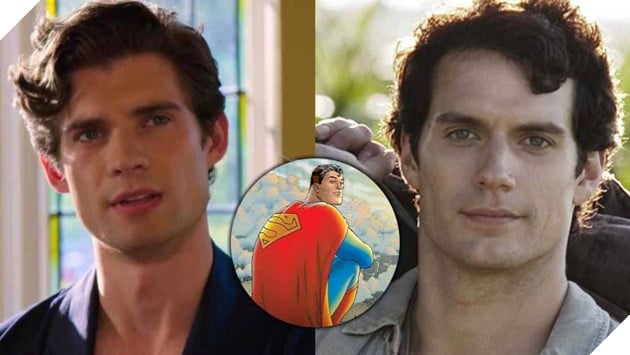
Clark smiles, folding the paper gently.
The world begins to heal. The Justice League sends signals again. Lois stands at her apartment window, looking up at a calm sky. Somewhere in the Kansas fields, a figure hovers above a barn roof, watching the stars, cape fluttering.
Superman is back. But he’s changed. And so are we.
Superman: Shadows of Krypton is a masterful closing chapter—or perhaps a rebirth. Visually breathtaking, emotionally devastating, and thematically rich, it reminds us that hope is not the absence of pain. It is forged through it. Superman doesn’t win because he’s the strongest. He wins because he remembers who he is—and who we are.
